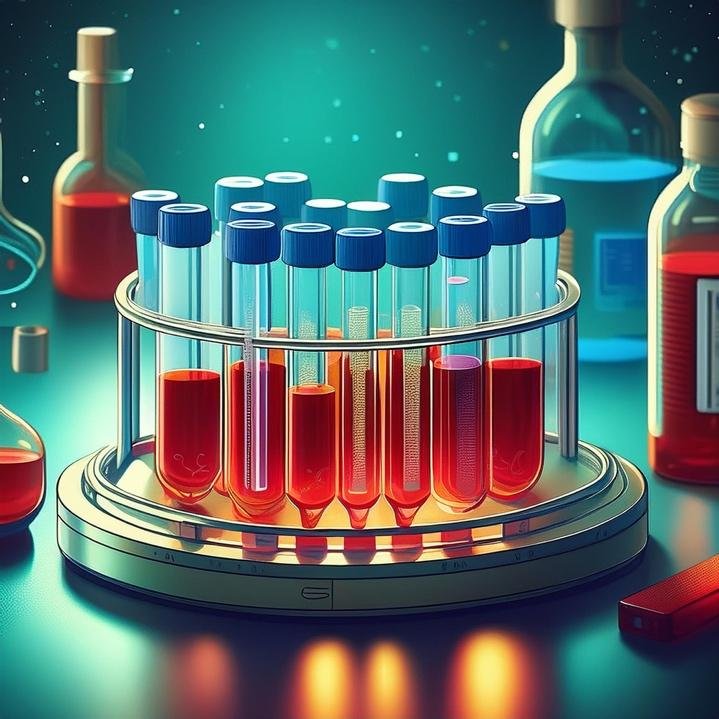
Coagulation reagents are among the most important reagents applied in clinical laboratories for evaluating defects in bleeding and thrombotic functions. They enable proper assessment of clotting disorders, which in turn help clinicians in the diagnosis and treatment of events like or related to haemophilia, thrombosis, or liver diseases. They thus form an important aspect of healthcare delivery and ensuring accurate patient care.
The choice of suitable reagents with adequate quality is a prerequisite for the generation of accurate and reliable results from laboratory testing. However, there are no universal guidelines regarding the selection process, and each laboratory or institution develops their own standards and procedures for their choice of reagents. In addition, it may be challenging to evaluate the numerous available products from various manufacturers
At Operon Biotech and Healthcare we understand such intricacies a lab faces while choosing a right reagent or instrument for its lab. In another article, I have extensively covered on how to choose the right coagulation analyzer for your lab and what factors should be considered. You may want to review this article here.
This article will exclusively dwell on the right choice of reagents a lab needs to adapt. Also included is a link to a small presentation that talks on practical approach to haemostasis testing in a clinical lab with much deliberations on mixing and inhibitor studies.
First consideration in deciding for reagents should be the right vendor instead of the reagent itself. A vendor who knows coagulation as a core subject/business rather than just a add on to his other non-coagulation business. The vendor should demonstrate his acumen, knowledge and know – how in the subject of haemostasis with corporate, mid size and small labs as his serving customers. He should have a market standing with a considerable client base using his/her coagulation services. This must a non-negotiable factor for the customer. Many big names in IVD business including that in chemistry, haematology and or immunology etc have few hand-picked products in coagulation just to complete their product portfolio and such vendors should be rejected for many reasons majorly being lack of product and subject knowledge and extremely poor after sales support.
Second major should be the right selection of reagents. Here are few tips:
PT reagent choice:
Important tip/s: Keep the unused reagents back in refrigerator and for testing transfer a well-mixed PT reagent in a smaller container that can be refilled from refrigerated stock as required. This will give a longer shelf life to reagents. Alw keep the regents capped to avoid evaporation.
APTT reagent choice:
Important tip/s: Use only the company recommended calcium chloride for test activation. Do not use market available cacl2 as the molarity may not be the same as company recommended.
Mix the aptt reagent well before adding to sample. Do not separately incubate the aptt reagent. Just pre-warm the cacl2.
Maintain consistent incubation times and test protocols for satisfactory results.
Meanwhile, as promised do find a presentation on practical approach to haemostasis testing. Coagulation testing – a practical approach.pdf
Disclaimer : This content may be copyright protected. Reproduction, modification, or use without prior written permission is prohibited.
Questions/ Feedback? We’d love to hear from you! Feel free to write to us on info@dfinebio.in or comment in the section below.